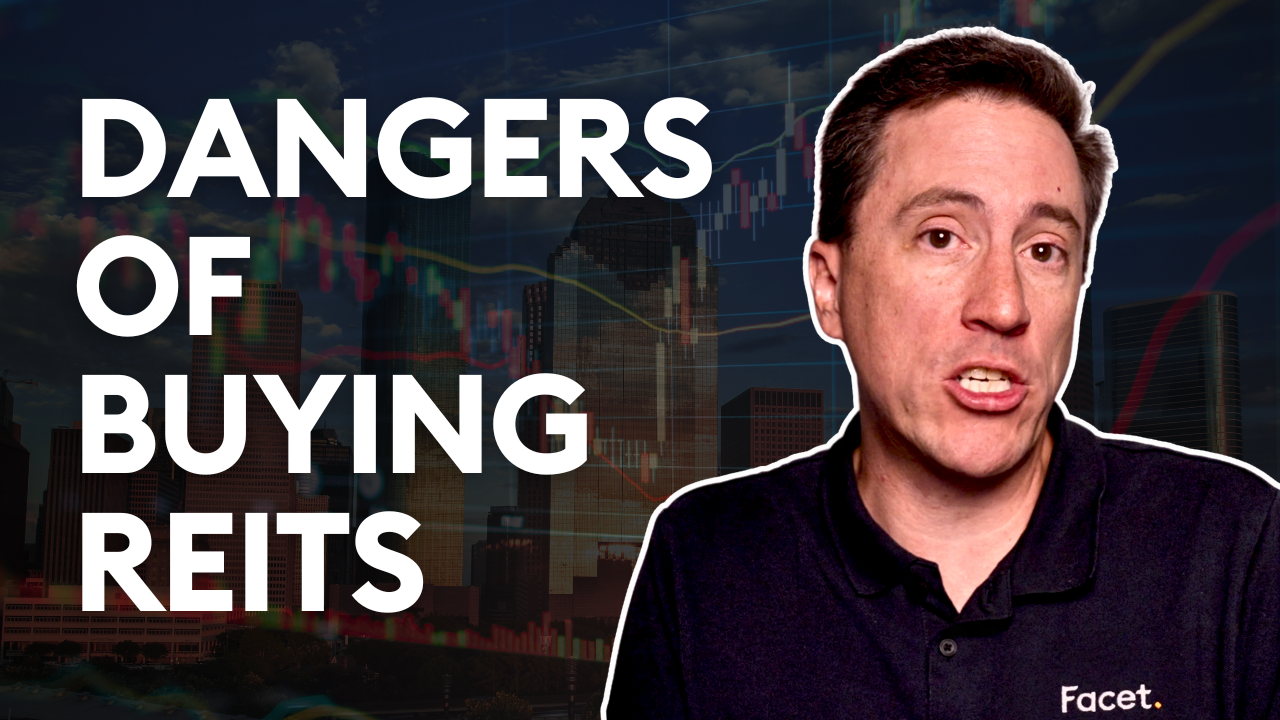
The information provided is based on the published date.
Key takeaways
- The title a financial professional uses tells you very little about what they actually do
- While there are over 200 designations for financial professionals, there is only 1 that matters: the CERTIFIED FINANCIAL PLANNER™ certification
- The CFP® Professional designation is the gold standard due to rigorous education, experience, and ethical requirements
- You need to ask the right questions to find a CFP® Professional that offers financial planning, as it should be
You’re doing your research and trying to determine which type of financial professional is right for you.
After Googling more than a few terms, you find that most financial professionals titles describe what they do: investment advisor, financial advisor, financial planner, and wealth manager, just to name a few.
If you go far enough down the rabbit hole, you’ll find that there are over 200 designations in addition to the various titles.
Finding any meaningful information is as difficult as searching WebMD to look up your symptoms – you either have three months to live or you just need two Advil and a good night’s rest. You leave with more questions than answers.
With such a dizzying array of options, how can you find the right professional for you – one that provides unbiased and personalized advice for all facets of your life? Here’s what you need to know to find the one thing that really matters.
Advisor, planner, coach... what’s the difference?
The industry spends a lot of time trying to explain the difference, but here is the real answer. It doesn’t matter. The longer answer is that there are no established standards in the industry for when and how financial professionals can use specific titles.
A professional can even call themselves an advisor on Monday, a planner on Tuesday, and a wealth manager on Wednesday. Professionals with different levels of education, certifications, services and fee models can all use the same language. Imagine if doctors and nurses didn’t have to meet rigorous educational and experience requirements to use their titles. Would you feel as comfortable on your next visit?
For example:
An investment advisor might say that they invest money for their clients and provide financial planning as part of their services.
A financial planner might say that they create financial plans for clients and provide investment services as part of the plan.
The difference is clear as mud. Not to mention that the definition of what financial planning is varies from professional to professional.
While we could define the titles as we see them, the title a professional uses doesn’t matter. Here’s what does: education, certifications or designations, experience, and ethical standards, just to name a few. At this point, you may be wondering how to make sense of it all. The good news is that there is only one thing you need to know to make a more informed decision.
Out of 212 financial professional titles, only one designation sets the right standard
There are over 200 designations for financial professionals in the industry but no standard for what an advisor or planner should do for their clients. The good news is that one organization created a standard that elevated the level of education, experience, and ethical requirements: The CFP Board. The CFP Board created the CFP® Professional certification to create a new standard of professional excellence. CFP® Professionals are held to rigorous educational requirements, must meet industry experience requirements, and must hold themselves to the fiduciary standard – doing what is right and best for their clients at all times.
The right questions can help you find the right professional
While the CFP® Professional designation is a great place to start, even those with it can still use different financial professional titles, provide vastly different levels of service, and charge different fee structures regardless of what they actually do. You need to find a planner that will provide unbiased and personalized financial advice that integrates into every facet of your life – we call this “financial planning as it should be.”
The industry didn’t create a standard of care, but the CFP Board did. The industry couldn’t even agree that you deserve a planner that will always do what is best and right for you – also called the fiduciary standard. The CFP Board did. Don’t settle for anything less than a CFP® Professional, but don’t stop there. Regardless of the title they use, ask these questions to get the answers you deserve:
- What designations (or certifications) do you have? Are you a CFP® Professional?
- What services do you provide and how do you charge (or how do I pay you)?
- Will you help with just my investments or everything in my life that money touches?
This is an important decision and we recommend that you read our complete guide – 10 Questions To Ask Before Working With A Financial Planner – to help you find someone you can trust.
Investment advisor, financial advisor, or financial planner? It’s the wrong question. The right question – are you a CFP® Professional? – will help you find someone that is committed to elevating the standard for the industry and for what you, and others, deserve.
At Facet, we believe you deserve honest advice and personalized guidance for every way money touches your life. This rigorous standard of service is why all Facet planners are CFP® Professionals, focused on helping you achieve the life you want to live.
Facet
Facet Wealth, Inc. (“Facet”) is an SEC registered investment adviser headquartered in Baltimore, Maryland. This is not an offer to sell securities or the solicitation of an offer to purchase securities. This is not investment, financial, legal, or tax advice. Past performance is not a guarantee of future performance.








